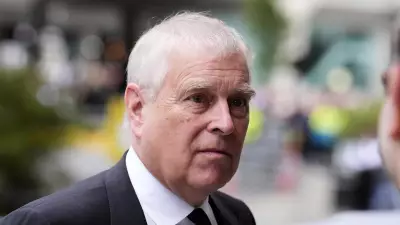
The world is watching as the United Nations prepares for what could be the most consequential climate summit since the Paris Agreement. COP30, scheduled for November 2025 in Belém, Brazil, represents a critical juncture in the global fight against climate change, with fossil fuel production taking center stage in negotiations.
Australia's Pivotal Position in Global Climate Diplomacy
As a major fossil fuel exporter and a nation experiencing severe climate impacts, Australia finds itself in a delicate balancing act. The country faces mounting international pressure to commit to a firm timeline for phasing out coal, oil, and gas production while managing domestic economic concerns. Australia's position could make or break the success of COP30 negotiations, according to climate policy experts.
The upcoming summit marks the first global stocktake since the Paris Agreement, revealing that current commitments fall dramatically short of keeping temperature rise below 1.5 degrees Celsius. Scientists warn that without immediate, drastic reductions in fossil fuel use, the world will face irreversible climate damage. This reality has transformed COP30 from a routine meeting into a potential turning point for global climate action.
The Fossil Fuel Phase-Out Debate Intensifies
Previous climate summits have seen fierce debates about including explicit language on fossil fuel phase-outs in final agreements. At COP28 in Dubai, after marathon negotiations, countries agreed to "transition away from fossil fuels" - a historic first but one that many climate advocates considered insufficiently strong. The battle lines are already forming for COP30, with coalitions of nations pushing for more binding commitments.
Developing nations, particularly those vulnerable to climate impacts, are demanding that wealthy fossil fuel producers like Australia take greater responsibility. They argue that countries benefiting from decades of emissions should lead the transition and provide financial support to nations facing climate devastation. The equity principle remains a central point of contention, with debates over who should bear the costs of the energy transition.
Economic Transformation and Clean Energy Opportunities
Beyond the diplomatic wrangling, COP30 represents a crucial opportunity for Australia to position itself in the emerging green economy. The global shift away from fossil fuels is accelerating, creating massive opportunities in renewable energy, green hydrogen, and critical minerals. How Australia navigates this transition will determine its economic future for decades to come.
Climate analysts suggest that a strong commitment to phasing out fossil fuels could actually benefit Australia's long-term economic interests. By embracing renewable energy leadership and developing new export industries, the country could secure its place in the low-carbon global economy. The alternative - clinging to sunset industries - risks leaving Australia economically stranded as world markets evolve.
The success of COP30 hangs in the balance, with Australia's decisions carrying significant weight. As one of the world's largest fossil fuel exporters, the nation's commitment to transition timelines will influence global ambition. The November 2025 summit may well determine whether the world can collectively rise to the climate challenge or face escalating environmental and economic consequences.





